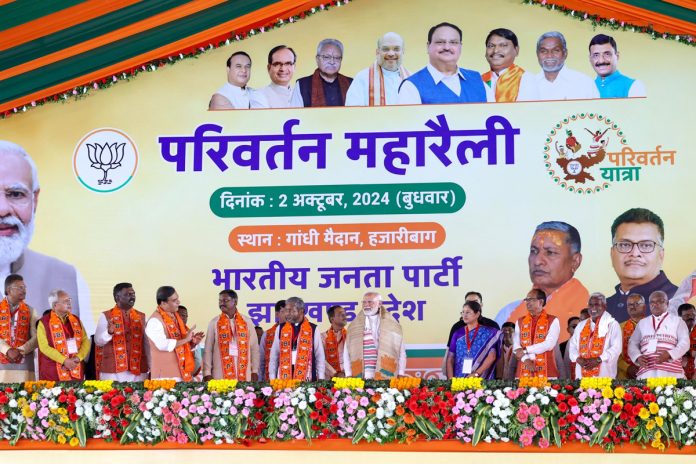New Delhi: The Union Cabinet, chaired by Prime Minister Narendra Modi, approved the granting of classical language status to Assamese, Bengali, Marathi, Pali, and Prakrit during a meeting held on Thursday. This decision adds to the list of languages recognized for their historical and cultural significance.
The classical language category was first established on October 12, 2004, when Tamil received the designation, followed by Sanskrit, Telugu, Kannada, Malayalam, and Odia. In a post on X, PM Modi expressed his joy over the new additions, emphasizing the government’s dedication to celebrating India’s cultural heritage and promoting regional languages. He noted that these languages are integral to India’s diversity, with Pali and Prakrit being particularly tied to spirituality, wisdom, and philosophy.
Our Government cherishes and celebrates India's rich history and culture. We have also been unwavering in our commitment to popularising regional languages.
— Narendra Modi (@narendramodi) October 3, 2024
I am extremely glad the Cabinet has decided that Assamese, Bengali, Marathi, Pali and Prakrit will be conferred the…
A government statement underscored the role of classical languages in preserving India’s cultural legacy, acknowledging that they encapsulate the historical and cultural achievements of their respective communities. The decision was met with widespread approval from political leaders, including West Bengal CM Mamata Banerjee, Maharashtra CM Eknath Shinde, Assam CM Himanta Biswa Sarma, and Union Minister Dharmendra Pradhan. They praised the move, with leaders like Shinde and Sarma expressing gratitude to the Prime Minister for recognizing their state’s languages.

